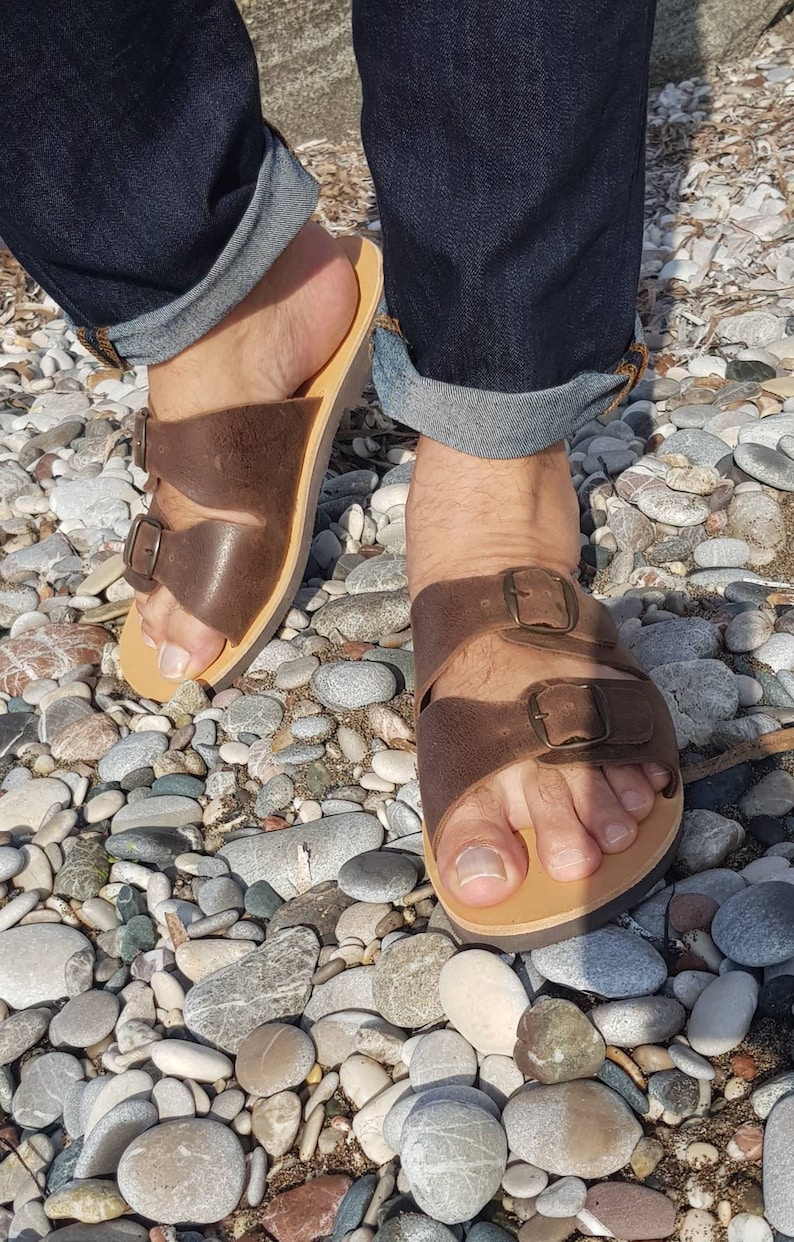Standing at the edge of the Cliffs of Moher, with the wild Atlantic winds whipping through my hair, I realized that some places on Earth simply take your breath away. These moments in nature have a way of touching our souls, reminding us of the raw beauty that exists beyond our daily routines. Let me share with you some of the most captivating landscapes that have left an indelible mark on my journey as a travel enthusiast.
1. The Northern Lights in Finnish Lapland
There’s something magical about witnessing the aurora borealis dance across the Arctic sky. In Finnish Lapland, particularly in the town of Rovaniemi, nature puts on a light show that defies description. The best time to witness this phenomenon is between September and March, when the dark winter sky creates the perfect canvas for these ethereal lights.
Why Visit:
- Prime viewing season: September to March
- Glass igloos available for overnight stays
- Combine with husky sledding and reindeer safaris
- Average temperature: -5°C to -15°C (23°F to 5°F)
RECREATE THIS LOOK
2. Zhangjiajie National Forest Park, China
The inspiration behind James Cameron’s “Avatar” floating mountains, these sandstone pillars rise dramatically from the misty valleys below. Walking through this otherworldly landscape feels like stepping into a fairy tale.
Best Features:
- 3,000+ sandstone pillars
- World’s longest glass bridge
- Elevation: 1,300+ meters
- Rich biodiversity with 500+ tree species
RECREATE THIS LOOK
3. Salar de Uyuni, Bolivia
The world’s largest salt flat transforms into a natural mirror during the rainy season, creating an illusion where sky and earth become one. This surreal landscape spans over 10,000 square kilometers of crystalline salt hexagons.
Visitor Information:
- Best viewing months: December to April
- Altitude: 3,656 meters above sea level
- Temperature range: -10°C to 20°C
- Recommended stay: 3-4 days
RECREATE THIS LOOK
4. The Great Barrier Reef, Australia
Diving into the world’s largest coral reef system reveals a kaleidoscope of colors and marine life. This underwater paradise stretches over 2,300 kilometers along Australia’s northeast coast.
Marine Highlights:
- 1,500+ fish species
- 400+ hard coral species
- 4,000+ mollusk species
- Visibility: 15-40 meters
RECREATE THIS LOOK
5. Santorini Caldera, Greece
The iconic white-washed buildings perched on volcanic cliffs create a stunning contrast against the deep blue Aegean Sea. The sunsets here have inspired poets and artists for generations.
Travel Tips:
- Peak season: June to September
- Best sunset spots: Oia and Imerovigli
- Water temperature: 20-25°C
- Recommended stay: 4-5 days
RECREATE THIS LOOK
6. Namib Desert, Namibia
Ancient red dunes rise like waves in an ocean of sand. Visiting Dead Vlei, where black petrified trees stand against orange dunes and white clay, feels like walking on another planet.
Desert Details:
- Dune height: up to 300 meters
- Age: 55+ million years
- Temperature range: 0°C to 45°C
- Best photography hours: 5:30-8:00 AM
RECREATE THIS LOOK
7. Plitvice Lakes, Croatia
A series of 16 turquoise lakes connected by waterfalls, wooden walkways allow you to walk directly over the crystal-clear water. The colors change throughout the day as sunlight plays on the mineral-rich water.
Park Information:
- 16 interconnected lakes
- 92 waterfalls
- 18 kilometers of wooden paths
- UNESCO World Heritage site since 1979
RECREATE THIS LOOK
8. Torres del Paine, Chile
Dramatic granite peaks, emerald lakes, and golden pampas grass create a landscape that seems almost too perfect to be real. The famous W Trek offers some of the most spectacular hiking in South America.
Hiking Details:
- W Trek length: 80 kilometers
- Best season: October to April
- Wildlife: Guanacos, condors, pumas
- Average hiking time: 4-5 days
RECREATE THIS LOOK
9. Cappadocia, Turkey
Otherworldly rock formations known as “fairy chimneys” dot the landscape, while hundreds of hot air balloons float across the dawn sky. Underground cities and cave churches add to the mystical atmosphere.
Experience Highlights:
- 200+ underground cities
- Best balloon flight time: 5:30 AM
- Cave hotel options
- Average flight duration: 1 hour
RECREATE THIS LOOK
10. Banff National Park, Canada
Turquoise lakes reflect snow-capped peaks, while dense forests harbor grizzly bears and elk. Lake Louise and Moraine Lake offer some of the most photographed views in the world.
Park Essentials:
- 6,641 square kilometers
- 1,000+ hiking trails
- Wildlife species: 50+ mammals
- Best visiting months: June to September
RECREATE THIS LOOK
Travel Planning Tips
| Season | Best Destinations | Weather Conditions | Crowd Levels | Cost Range |
|---|---|---|---|---|
| Spring | Plitvice Lakes, Cappadocia | Mild, Some Rain | Moderate | $$-$$$ |
| Summer | Banff, Santorini | Warm, Clear | High | $$$-$$$$ |
| Fall | Finnish Lapland, Torres del Paine | Cool, Variable | Low-Moderate | $$-$$$ |
| Winter | Salar de Uyuni, Northern Lights | Cold, Variable | Low | $-$$ |
Photography Tips
| Landscape Type | Best Time | Essential Gear | Special Techniques |
|---|---|---|---|
| Mountains | Golden Hour | Wide-angle Lens | Focus Stacking |
| Deserts | Dawn/Dusk | Polarizing Filter | Long Exposure |
| Lakes | Early Morning | Tripod | Reflection Shots |
| Aurora | Night | Fast Lens | High ISO |
Q&A Section
Q: What’s the best time of year to visit these locations?
A: Each destination has its prime season. For example, the Northern Lights are best viewed from September to March, while Santorini is most enjoyable from June to September. Check the detailed tables above for seasonal recommendations.
Q: How physically demanding are these destinations?
A: The difficulty varies greatly. While Santorini and the Great Barrier Reef are accessible to most travelers, hiking in Torres del Paine or climbing dunes in the Namib Desert requires good physical fitness.
Q: What camera equipment do I need to capture these landscapes?
A: A good quality camera with a wide-angle lens is essential. For aurora photography, you’ll need a camera capable of high ISO performance and a fast lens. Don’t forget a sturdy tripod for low-light conditions.
Q: How much time should I allocate for each destination?
A: Ideally, plan 3-5 days per location to fully experience the landscape and allow for weather changes. Some destinations, like Torres del Paine’s W Trek, require a minimum of 4-5 days.
Q: Are these destinations suitable for solo travelers?
A: Most of these locations are solo-traveler friendly, especially popular ones like Santorini and Banff. However, for remote areas like the Namib Desert or Salar de Uyuni, joining a guided tour is recommended.
Remember, these landscapes aren’t just photo opportunities – they’re gateways to profound experiences that can change your perspective on the natural world. Pack your sense of wonder along with your camera, and prepare to be amazed by Earth’s incredible diversity.
































